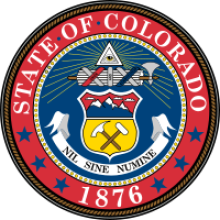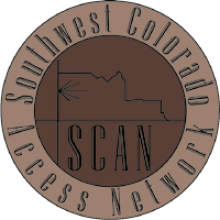Colorado Communities Opting Out: The List Grows...and Grows...and Grows
Recently, Christopher spoke with Glenwood Springs, Colorado, about their venture into providing high-quality Internet access for the community. They were, to our knowledge, the first Colorado community to pass a referendum reclaiming local telecommunications authority. The voters in Glenwood Springs chose to opt out of SB 152 and reclaim that authority in 2008.
Last fall was a banner season for local communities deciding to no longer be limited by the state restrictions borne out of big cable lobbying. More than four dozen municipalities and counties voted on the issue and all of them passed, many with huge margins. In the spring of this year, nine more towns joined the fray, including Mancos, Fruita, and Orchard City. There are also over 20 counties and number of school districts that have taken the issue to voters and voters responded overwhelmingly saying, “YES! WE WANT LOCAL TELECOMMUNICATIONS AUTHORITY!”
Most of these communities have not expressed an intent to invest in publicly owned infrastructure, but a few places are engaged in feasibility studies, are raising funding, or even in the midst of projects. For most of them, the question of autonomy was the overriding issue - local communities want to be the ones to make the decisions that will impact them at home.





